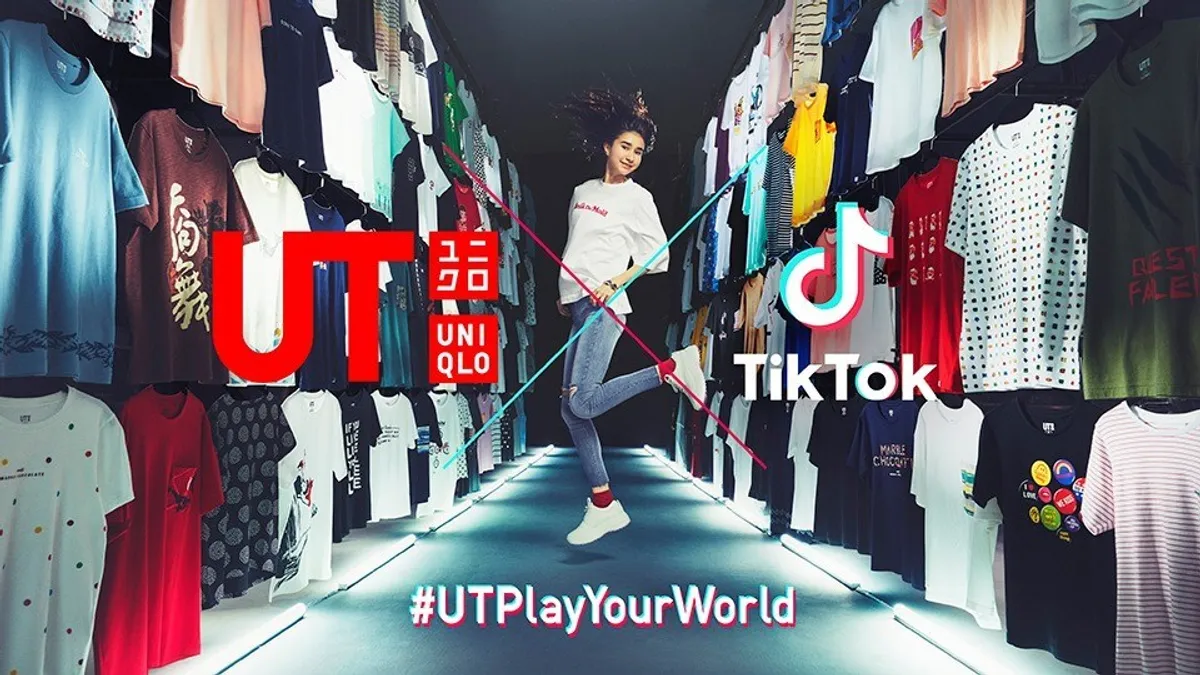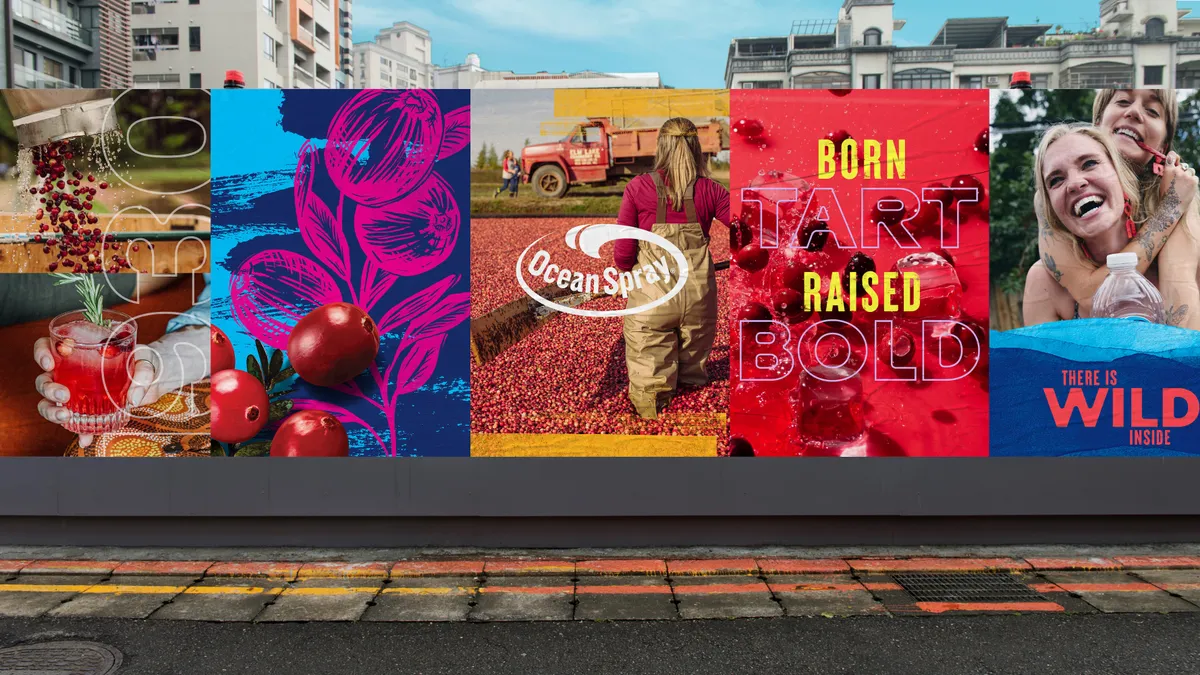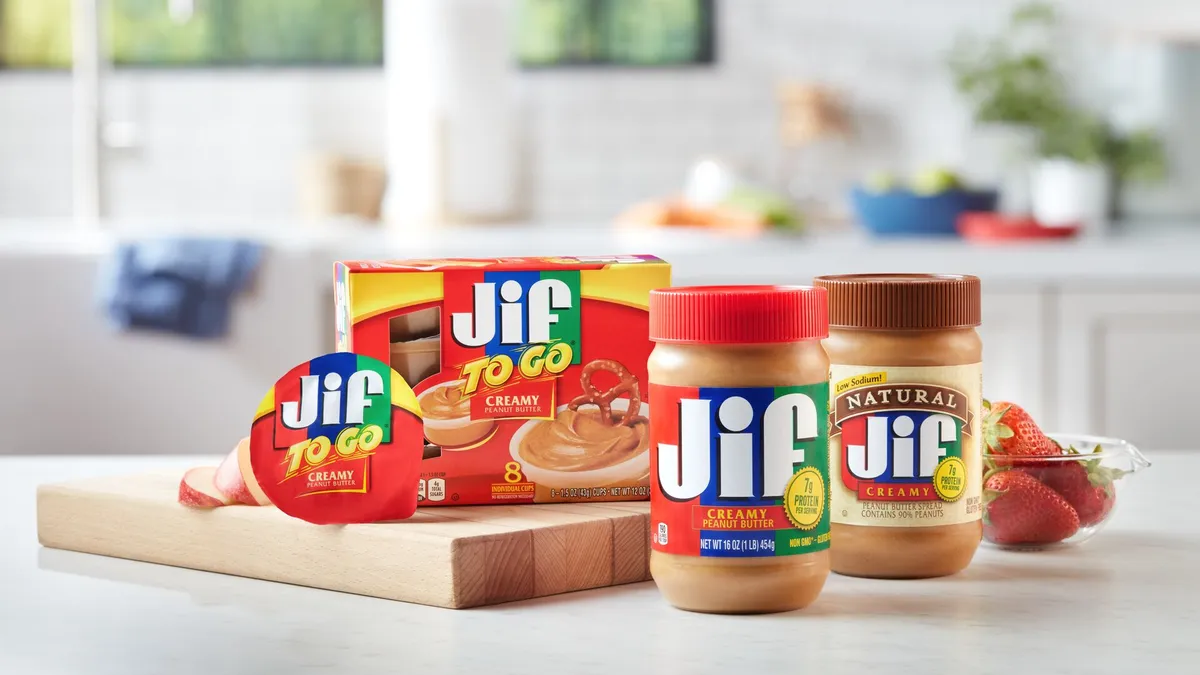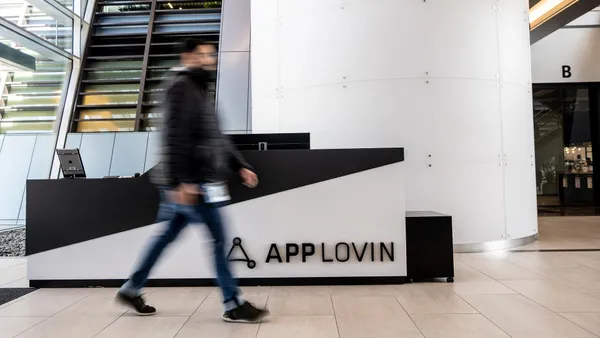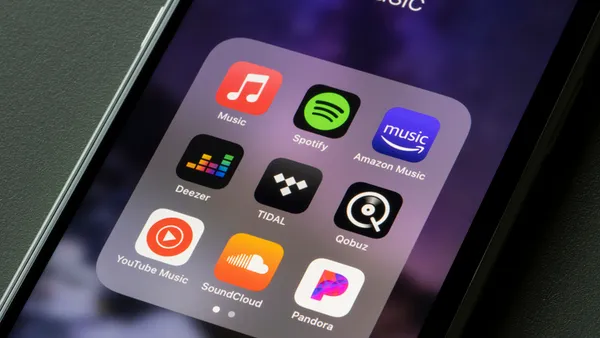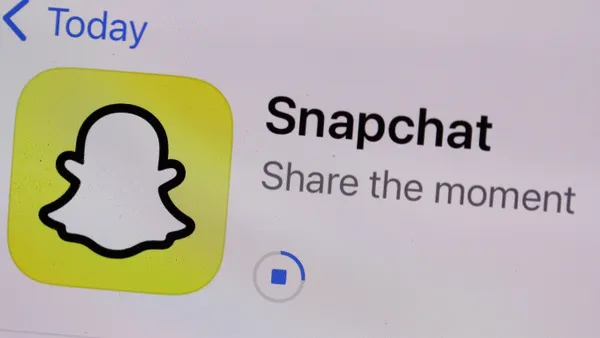Brief:
- TikTok, the social video app owned by Chinese startup ByteDance, surpassed 1.5 billion downloads globally across Apple's App Store and the Google Play store, according to new estimates from Sensor Tower. Lifetime user spending reached $175 million globally, with the U.S. being the second largest market for revenue at $62.4 million — 35.7% of the global total.
- TikTok has this year generated $115.3 million in user spending, a metric that's grown every month since February and peaked at $18.2 million in October, per Sensor Tower. TikTok has added 500 million users worldwide since February, when it first passed 1 billion downloads. In 2019, TikTok saw 614 million downloads overall, marking 6% growth over the same period last year.
- India is the largest driver of user growth, with 31% of unique installs. China lands in second place and the U.S. is No. 3, accounting for 123.8 million downloads or 8.2% of the market. TikTok now stands as the third most-downloaded non-gaming app this year, behind Facebook's WhatsApp (707.4 million installs) and Messenger (636.2 million). Downloads are ahead of both the core Facebook app (587 million) and Instagram (376.2 million).
Insight:
TikTok's meteoric growth trajectory does not appear to be cooling despite sharper U.S. scrutiny into its ties to China and the presence of some extremist content on the platform. The spike in user growth since February has accompanied surging in-app spending, an indication that the service's bids at courting more advertisers and building out e-commerce capabilities are paying off.
Though TikTok's U.S. user base is smaller than that of both China and India, the market commanding the No. 2 spot for revenue generated shows how strongly the app resonates with Western consumers, and particularly valuable audiences like young teens and Gen Z. The proliferation of brand campaigns on the platform this year, including from Chipotle, American Eagle and the NFL, follows TikTok's opening up to outside parties and content creators.
Earlier this month, the platform debuted the first software tools in its TikTok for Developers program, including an "export to TikTok" feature that third-party developers can add to their apps. The integration aims to let brands, influencers and other creators more easily share their content and expand their reach on the platform.
Last week, TikTok confirmed it's testing social commerce capabilities that let influencers link to pages where users can purchase products featured in videos. The move shows how TikTok is leaning into its popularity with influencers — it had already established shoppable ad formats for brands — and expanding a playbook to better compete with Instagram, which is similarly honing in on in-app shopping.
TikTok will need to continue to fend off Facebook on several fronts beyond commerce, especially as the social giant attempts to get its own copycat services off the ground. Facebook recently launched Lasso, which focuses on viral short-form video content with music layered in. Instagram earlier this month also rolled out a product called Reels in Brazil, according to TechCrunch. Like Lasso — and TikTok — Reels centers on 15-second shareable videos that can be soundtracked by music.
With its aggressive cloning strategy, Facebook has previously been able to snag market share from emerging competitors, particularly Snapchat and the Stories format of disappearing photos and videos the rival app popularized.
But the more significant threat to TikTok in the U.S. could be on the regulatory side. The Wall Street Journal reported Monday that the app appears to be distancing itself from China via a rebrand in the U.S. and by shifting operational expansions to Southeast Asia.



